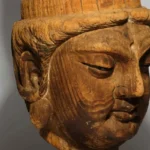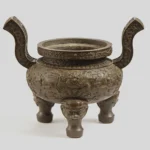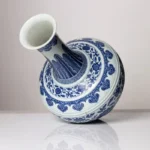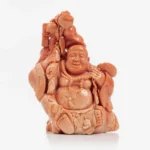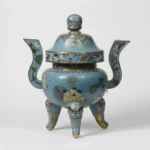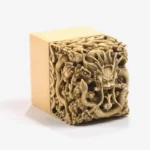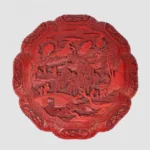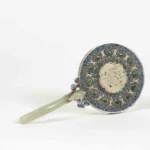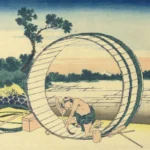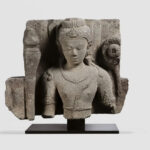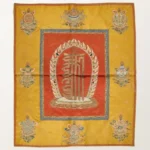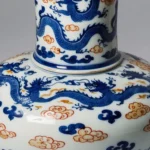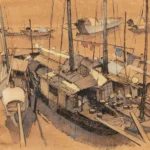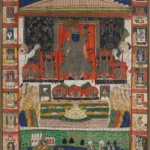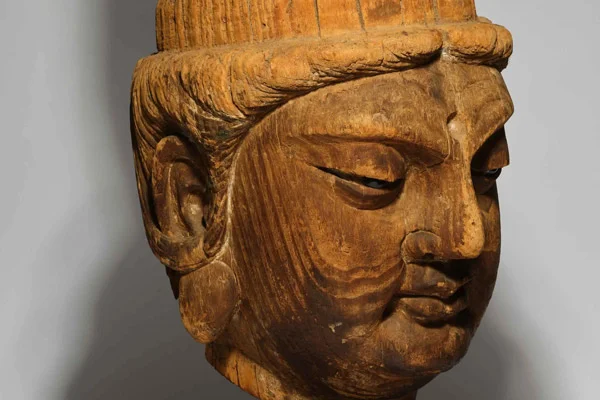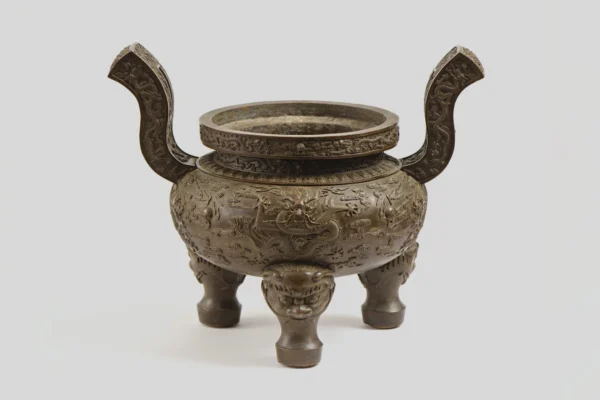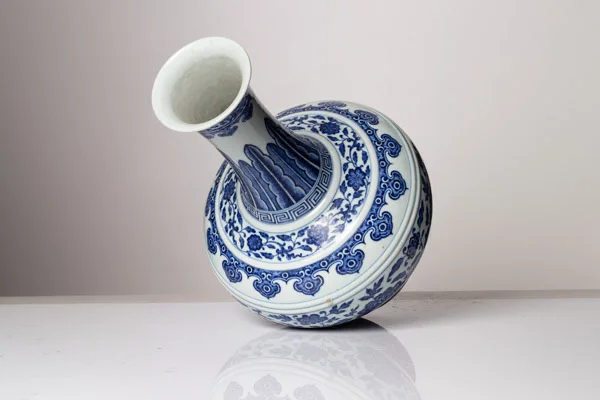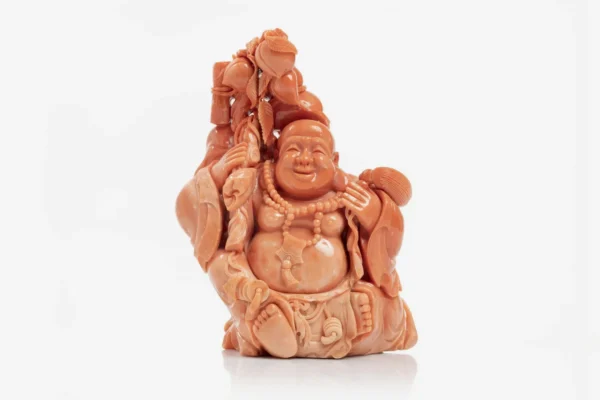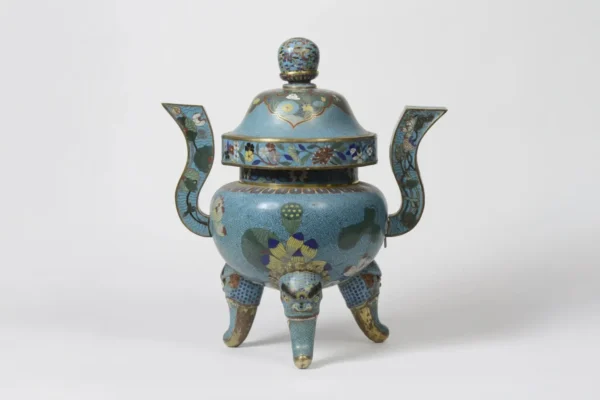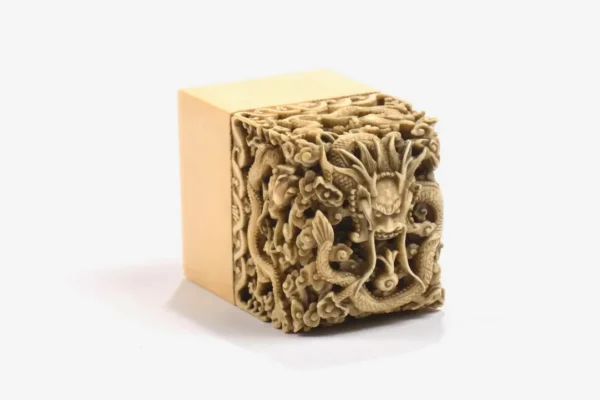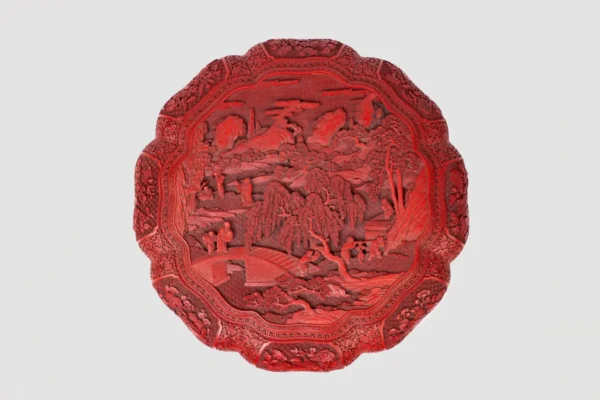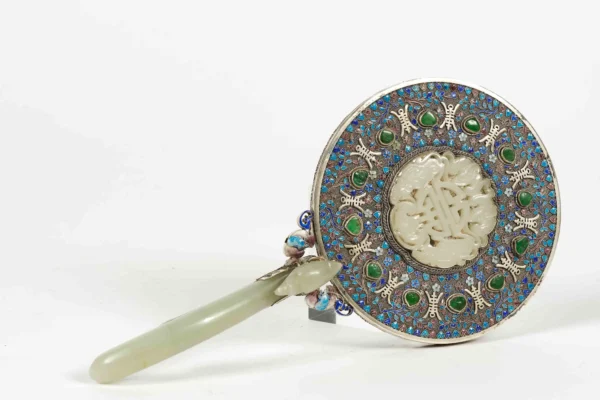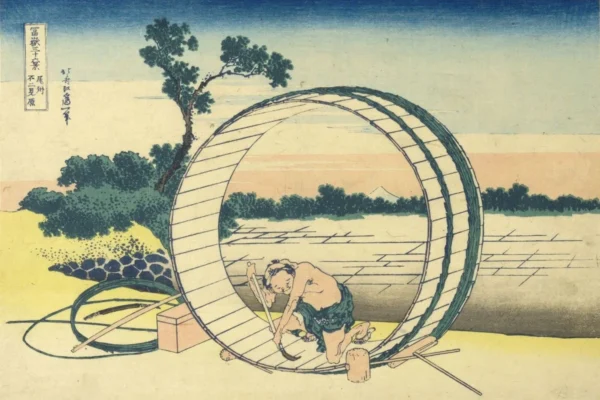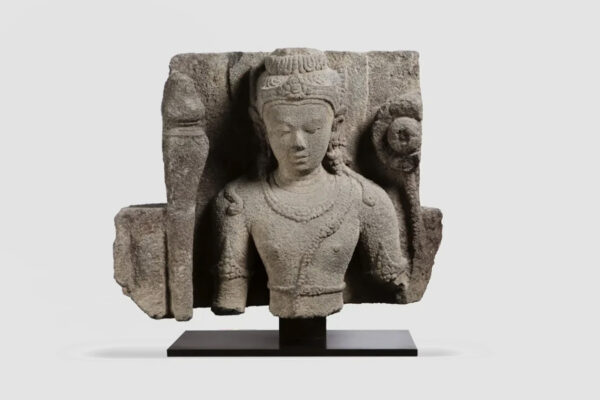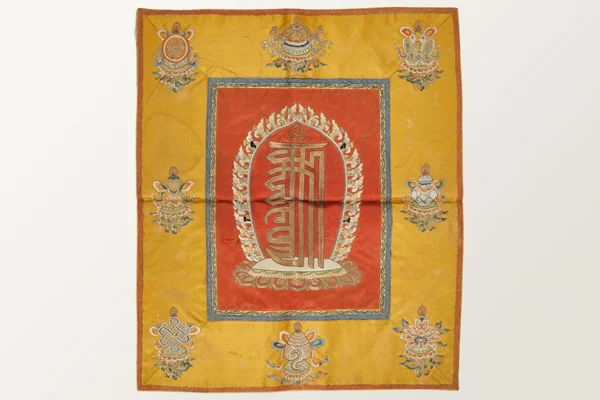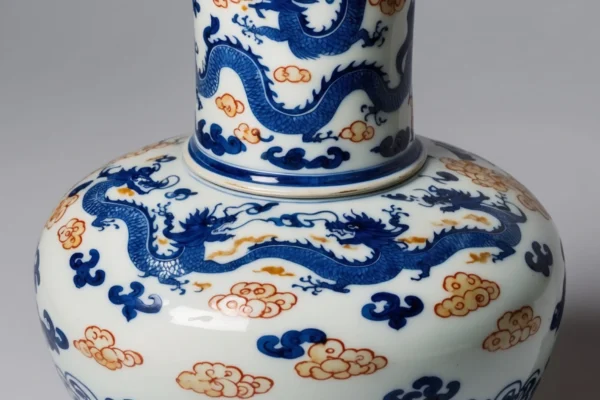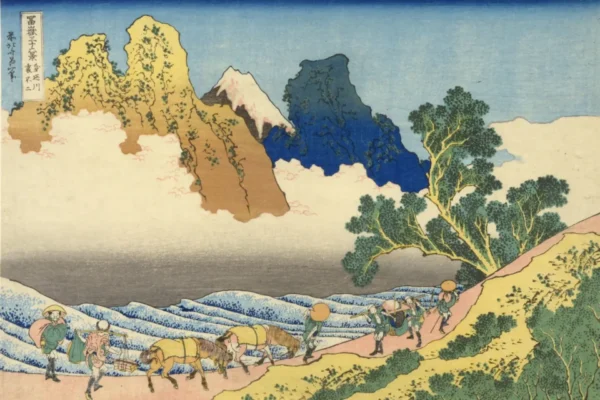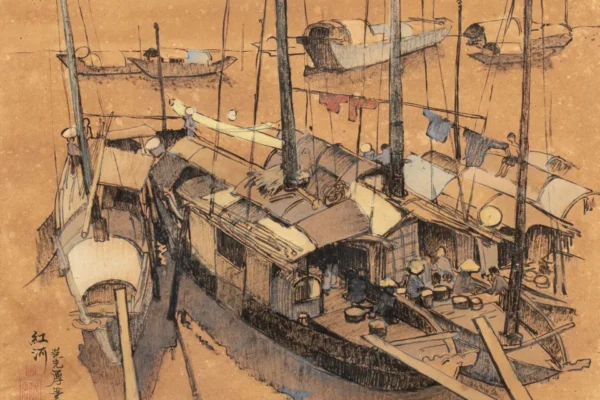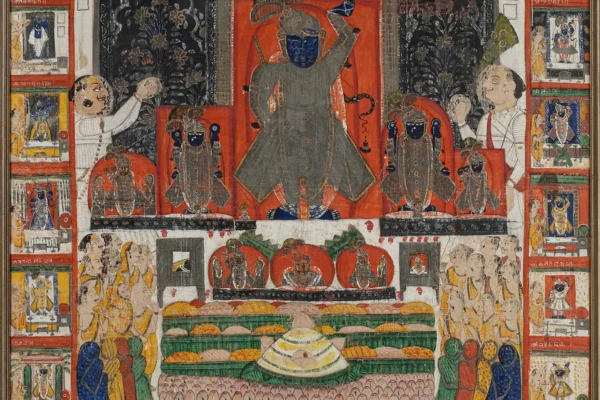Jade estimate
Do you own an Asian jade object and want to know its value? Whether you’re a passionate collector or have a family heirloom, having your jade appraised is an essential step in understanding its true potential. Our Asian jade experts will provide you with a free, confidential appraisal within 48 hours, assisting you in every step of the way, whether you wish to sell at auction or simply find out the value of your piece.
Estimate and market price of Asian jade :
Here is a summary table of the items with their price ranges:
| General typology | Low estimate (€) | Average estimate (€) | High estimate (€) |
|---|---|---|---|
| Jade vases and incense burners | 100 – 200 | 2000 – 5000 | 200 000 – 500 000 |
| Screens and decorative panels | 100 – 500 | 5000 – 10 000 | 500 000 – 1 000 000 |
| Animal figurines in jade | 50 – 100 | 200 – 5000 | 200 000 – 400 000 |
| Ruyi jade scepters | 70 – 100 | 6000 – 10 000 | 200 000 – 1 200 000 |
| Jade snuffboxes | 70 – 100 | 500 – 1000 | 30 000 – 45 000 |
| Jade jewelry (pendants, necklaces) | 10 – 50 | 300-600 | 1500 – 6000 |
| Ritual objects (blades, ornaments) | 200 – 400 | 500 – 1000 | 3000 – 5 000 |
| Cups and bowls | 20 – 100 | 5000 – 10 000 | 20 000 – 55 000 |
| Archaizing jades | 50 – 200 | 1000 – 5000 | 120,000 |
Antique pendants and ornaments
Antique pieces are particularly sought-after and expensive. Modern or lesser-quality items remain very affordable at sales. Estimates range from 15 euros to almost 2 million euros.
Stamps / seals / disks
Seals are among the most sought-after pieces, especially imperial seals! They can fetch several million euros. For the rest, the estimated range is very wide. Antique works fetch an average of a few thousand euros.
Animal sculptures
Prices for animal sculptures vary enormously, depending on the period, complexity and symbolism of the animals depicted. Antique sculptures and those depicting mythological creatures are particularly prized.
Why have my Asian jade appraised?
Getting an accurate estimate of your jade has several advantages:
- For auction: If you’re planning to sell your jade, knowing its current value helps you set a fair and attractive price.
- For insurance: In the event of a claim or damage, an estimate enables you to insure your room properly.
- As part of an inheritance: If you have inherited a jade object, you may need an appraisal for inheritance tax purposes or to divide the inheritance fairly.
- Curiosity: You may simply want to know the value of your jade, especially if it’s an heirloom or family heirloom.
How to get your jade appraised with Asium?
Nothing could be simpler! You can request an estimate directly online via our form. Simply upload photos of your jade object and add a description. Our experts will get back to you within 48 hours with a confidential estimate.
For larger collections or high-value objects, we also offer in-home appraisal services or the possibility of participating in our appraisal days, where you can bring your jade for an in-person appraisal.
A recent example of estimation:
Recently, an imperial jadeite necklace was estimated at 1.2 million euros, demonstrating the growing interest in exceptional jade pieces on today’s market.
How to recognize a jade object?
Recognizing genuine jade can be done through a few key elements, which are important to know if you are considering an appraisal or a sale.
1. Texture and density
Genuine jade is dense and feels heavy to the touch. If your piece feels too light for its size, it may not be genuine jade.
2. The color
The color of jade should be bright and even. A quality jade will have an even hue, with no spots or areas of discoloration. A jade with significant color variations may lose its value.
There are many colors of jade: celadon, green, spinach green, rust, red, … Some are more sought-after than others, such as spinach green.
3. The finishing touch
The surface of the jade must be well polished, smooth and free of irregularities. Poorly polished jade or jade with air bubbles or visible imperfections may be of inferior quality or even an imitation.
4. Hardness
Jade is a very hard stone. A simple test is to try and scratch the surface with a metal object. Genuine jade cannot be scratched easily, due to its hardness.
5. Brands and finishes
High-quality jade objects often feature very precise carving or engraving marks. The finishes are clean and careful, with well-defined details, especially for carvings and jewelry.
6. Certificates of authenticity
For objects of great value, it is essential to request a certificate of authenticity, issued by an expert. This document attests to the jade’s quality, provenance and veracity.
By carefully examining these characteristics, you can get a good indication of the authenticity and quality of a jade object.
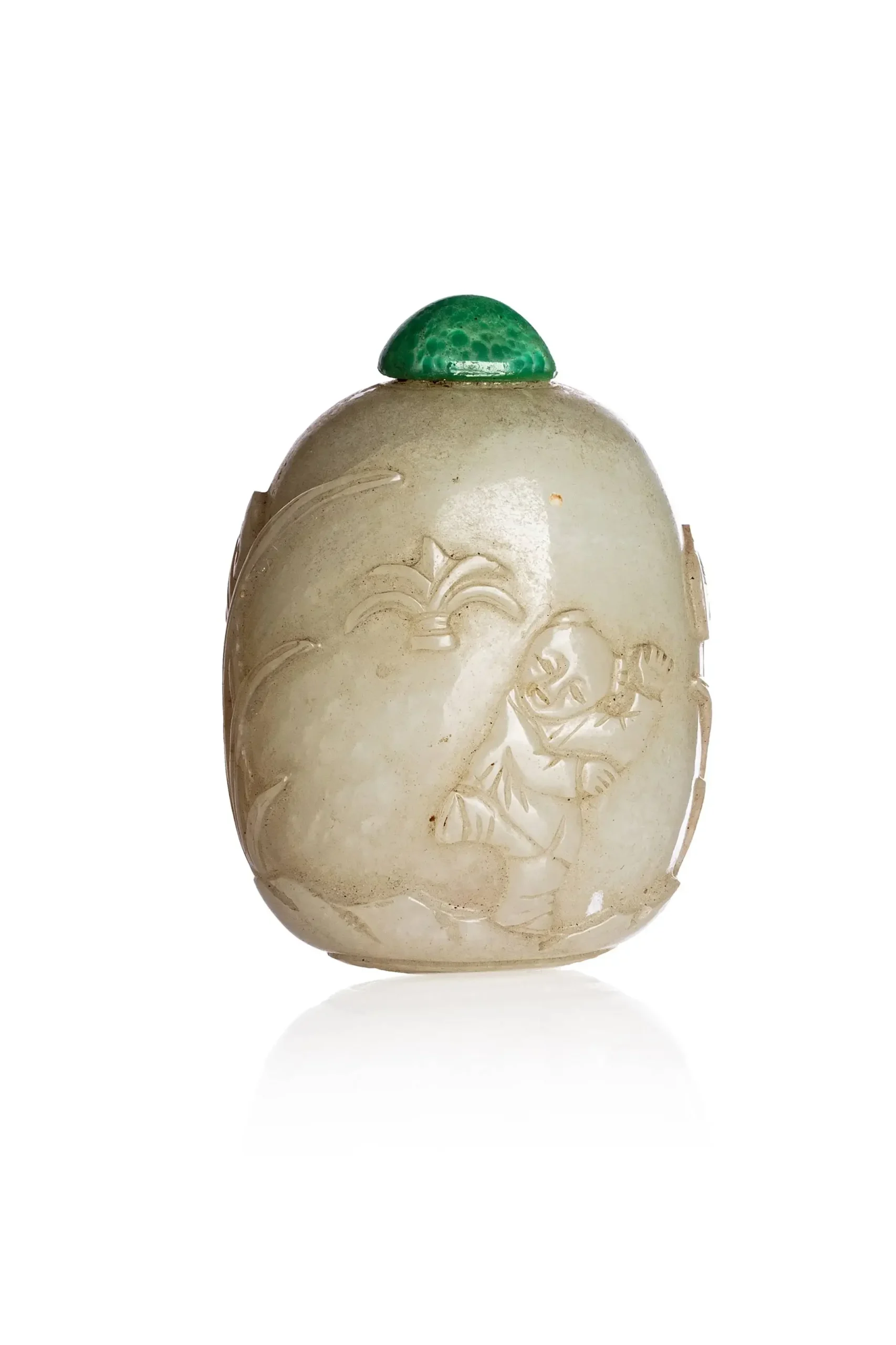
What makes my Asian jade so valuable?
Several criteria are taken into account when estimating the value of an Asian jade, each directly influencing the price of a piece on the art market.
The type of jade
Jade is mainly divided into two types: jadeite and nephrite.
- Jadeite: This is the most precious variety of jade. It is rare, often brightly colored and highly sought-after, especially in China. Imperial jade, a translucent green variety of jadeite, is the most expensive. For example, an imperial jadeite bracelet sold for 9.8 million euros, an all-time record in the jade world.
- Nephrite: More common, it is mostly white, gray or pale green in color. Antique nephrite sculptures are highly prized for their history and refinement, even if their price is lower than that of jadeite. A nephrite sculpture from the Ming dynasty, for example, sold at auction for 12,000 euros.
The color of jade
Color plays a fundamental role in the value of jade.
Emerald green (imperial jade) is the most sought-after and can fetch high prices, especially when combined with impeccable transparency.
Other colors such as white, violet and black are also highly prized. For example, a white jadeite pendant sold for 150,000 euros at a recent auction.
Transparency and stone quality
Quality jade is slightly translucent, allowing a little light to pass through the stone. The more transparent and pure it is, the more valuable it is. A translucent jadeite bracelet, for example, fetched 850,000 euros at auction for this very reason.
Period of manufacture and provenance
The age of a jade strongly influences its price. Objects carved during the Ming (1368-1644 ) or Qing (1644-1912 ) dynasties, for example, are particularly sought-after by collectors. The craftsmanship of the artisans of this period was exceptional, and these pieces are often associated with fascinating historical stories.
For example, a small jade sculpture from the Qing dynasty sold for 230,000 euros, due to its rarity and imperial provenance.
A brief history of Asian jade
Jade has a history stretching back thousands of years, particularly in China, where it has been used since the Neolithic period, around 5000 BC. During the Shang (1600-1046 BC) and Zhou (1046-256 BC) dynasties, jade became a symbol of power and wealth. The Chinese sculpted ritual objects, jewelry and tools in jade. During the Ming dynasty (1368-1644), demand for jade increased, and craftsmen perfected cutting techniques. In other regions, such as Mesoamerica, the Mayans and Aztecs also used jade to create ceremonial objects. Today, jade remains a symbol of luck and prosperity, particularly in China.
Our experts in jade
-

TaHsi CHANG
Specialist in the arts of VIETNAM and CHINA
-

Anna KERVIEL
JAPAN Expert
-

Jean GAUCHET
ASIA Expert
Our areas of expertise
Your questions, our answers
What factors influence the price of a jade object?
The price depends on the quality of the jade, the state of preservation, the provenance and the complexity of the carvings.
How does the color of jade affect its value?
Emerald green is the most expensive. Other colors, such as lavender, can also be valuable, but less so than green.
What are the signs that an object is genuine jade?
Authentic jade is smooth, has a uniform color and may have natural inclusions. A certificate of authenticity is a plus.
Previously appraised by Asium
The Asium estimation service is...

Simple
and free
A few photos of your work, a few words of description and you're all set !

Fast
but not too fast
Our experts are serious, they take the time to research and get back to you within a week.

Reliable
and confidential
Our auctioneers are the Sherlock Holmes of the art market.


